


 The SFFaudio Podcast #154 – Scott, Jesse, Tamahome, Mirko and David Stifel talk about An Occurrence At Owl Creek Bridge by Ambrose Bierce (read by Bob Neufeld for LibriVox).
The SFFaudio Podcast #154 – Scott, Jesse, Tamahome, Mirko and David Stifel talk about An Occurrence At Owl Creek Bridge by Ambrose Bierce (read by Bob Neufeld for LibriVox).
Talked about on today’s show:
The Devil’s Dictionary, comic irony, an American classic, German drama, Famous Monsters Of Filmland, Sleep No More, Nelson Almstead, The Twilight Zone, The Outer Limits, One Step Beyond, civil war stories, quantum mechanics, The Damned Thing, the genres: horror, ghost, “weird”, “weird war”, “dream”, or SUSPENSE, alternate reality, why is An Occurrence At Owl Creek Bridge so popular with high-school English teachers?, time perception, not-SF, “the man who was engaged in being hanged”, passivity, “go for it hands”, “a dream story”, David used to have out of body dreams, “stream of consciousness”, subjectivity, Henry James, the radio drama adaptations (Escape, Suspense, CBS Radio Mystery Theater),
“Each year thousands of short stories roll out from a multitude of typewriter, march across the pages of our magazines toward well deserved oblivion. Few are memorable, fewer still are classics. They pass the time and are forgotten even before the paper on which they are written is reduced to black ash. But occasionally a story is written that is a true classic, an unforgettable tale.”
astral projection, H.P. Lovecraft, Accessory Before The Fact by Algernon Blackwood, near death experience, Bierce’s headwound, Sigmund Freud, A Dream Play by August Strindberg, The Horla by Guy de Maupassant, the driftwood, the slowdown of time, it’s a mystery story, a million blades of grass, infinite detail and infinite depth, Isaac Asimov, The Turn Of The Screw, The Twilight Zone version (which was a French short film), what’s with the corporal?, of the body, a hidden pun or joke, it was a setup, a great suspicion of death or dying, the kicking legs = running, unconscious insight result in surprise and relief, the tongue, wish fulfillment, the suspicion begins, naturalistic interpretation, Igor (Son Of Frankenstein), the history of hangings, botched hangings, popping heads, Hang ‘Em High, Braveheart, can it be truly spoiled?, war,
“Death is a dignitary who when he comes announced is to be received with formal manifestations of respect, even by those most familiar with him. In the code of military etiquette silence and fixity are forms of deference.”
constitutional rights, the Alfred Hitchcock Presents adaptation, The Twilight Zone short film version, HuffDuffer, CBS Radio Mystery Theater adaptation, “it’s best read”, an audio drama adaptation, impressionism, mapping back, additional scenes, a water moccasin, narration, is it a miracle that the rope breaks, a heavenly Eden like land, gates, Sergei Bondarchuk’s War And Peace, Leo Tolstoy, altered state, (The Crawling Chaos), sex choking, speculative fiction, life passing before you, the telescoping of time, remembering the classics, 100,000 high school teachers, one of the most podcast short stories, O. Henry stories are cute, an existential story, “trapped in a world he never made”, an exegesis.


Posted by Jesse Willis








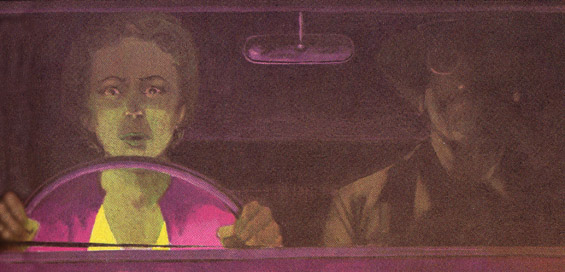

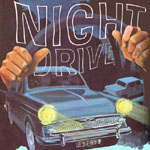
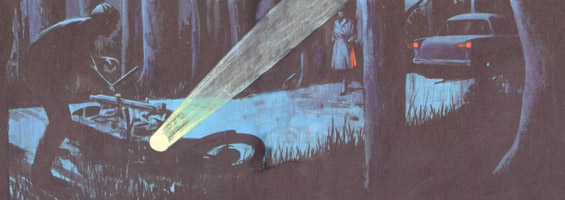

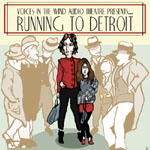
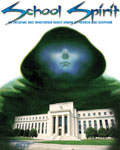
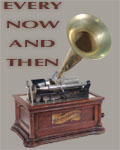


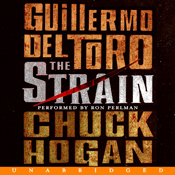 The Strain
The Strain